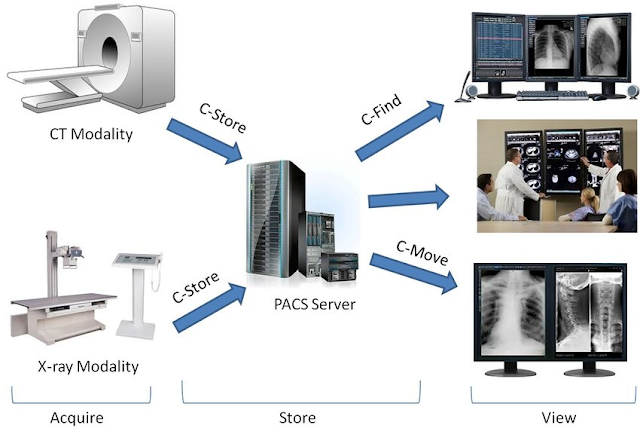The Dark Side of Digital Health: Unveiling the Hidden Disadvantages of EHR
Electronic Health Records (EHRs)
have revolutionized the healthcare industry by digitizing patient information,
streamlining processes, and improving communication among healthcare providers.
However, while EHRs offer many advantages, it is important to acknowledge the
potential disadvantages that come with their implementation. In this post, we
will explore some of the key disadvantages
of EHR and how they can impact healthcare
systems.
Lack of interoperability:
EHR systems are often developed by
different vendors, resulting in a lack of interoperability between systems.
This means that patient records cannot be easily shared or accessed by
different healthcare providers, hindering effective collaboration and
continuity of care. How does the lack of interoperability impact the efficiency
and quality of healthcare delivery?
Data security and privacy concerns:
The digitization of patient records
raises significant concerns about data security and privacy. With EHRs, there
is a risk of unauthorized access, data breaches, and potential misuse of
sensitive patient information. How can healthcare organizations ensure the
security and privacy of patient data in EHR systems?
Implementation costs:
The implementation and maintenance
of EHR systems can be costly for healthcare organizations, especially for
smaller practices and rural healthcare facilities with limited resources. What
are some of the financial challenges associated with adopting EHR systems, and
how can they be mitigated?
Learning curve and user resistance:
Transitioning from traditional
paper-based records to EHR systems requires healthcare professionals to adapt
to new technologies and workflows. This learning curve can be a challenge for
some healthcare providers, leading to user resistance and potential
inefficiencies in the documentation process. How can healthcare organizations
effectively train and support their staff during the transition to EHR systems?
Potential for errors and system failures:
Although EHR systems aim to reduce
errors and improve patient safety, they are not immune to technical glitches
and system failures. In some cases, these failures can lead to critical delays
in accessing patient information or even loss of data. How can healthcare
organizations minimize the risk of errors and system failures in EHR
implementations?
Conclusion





Comments
Post a Comment